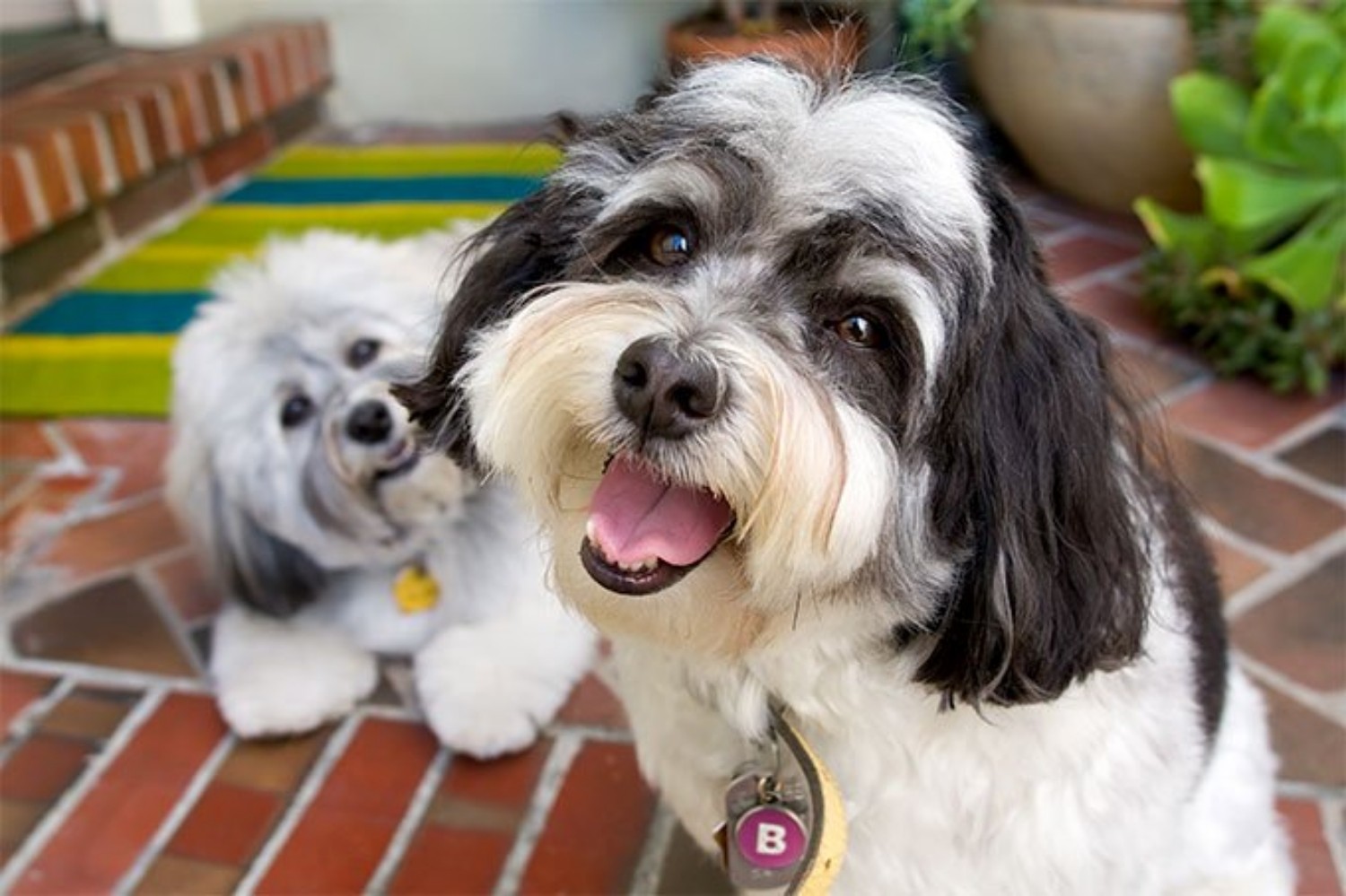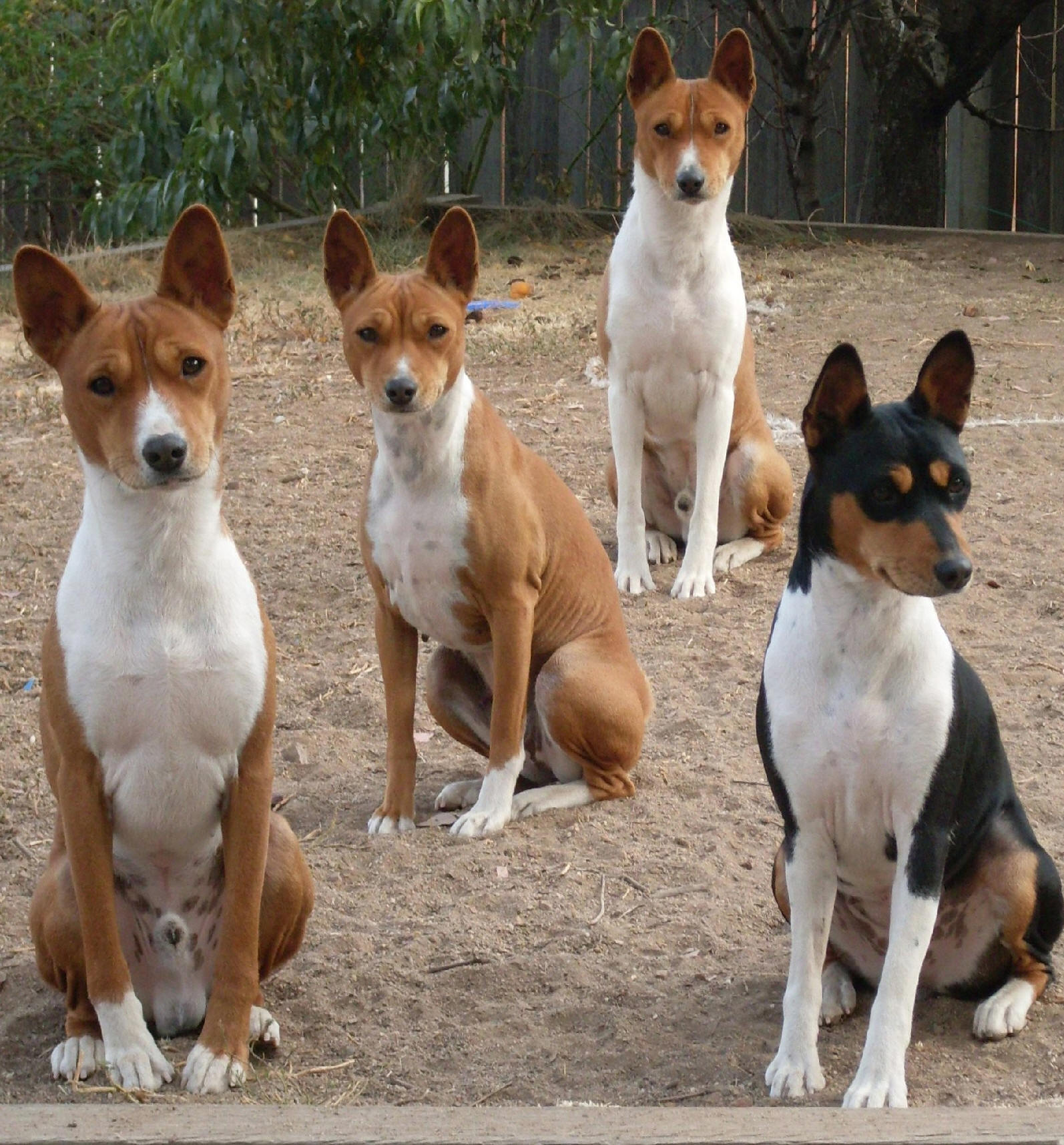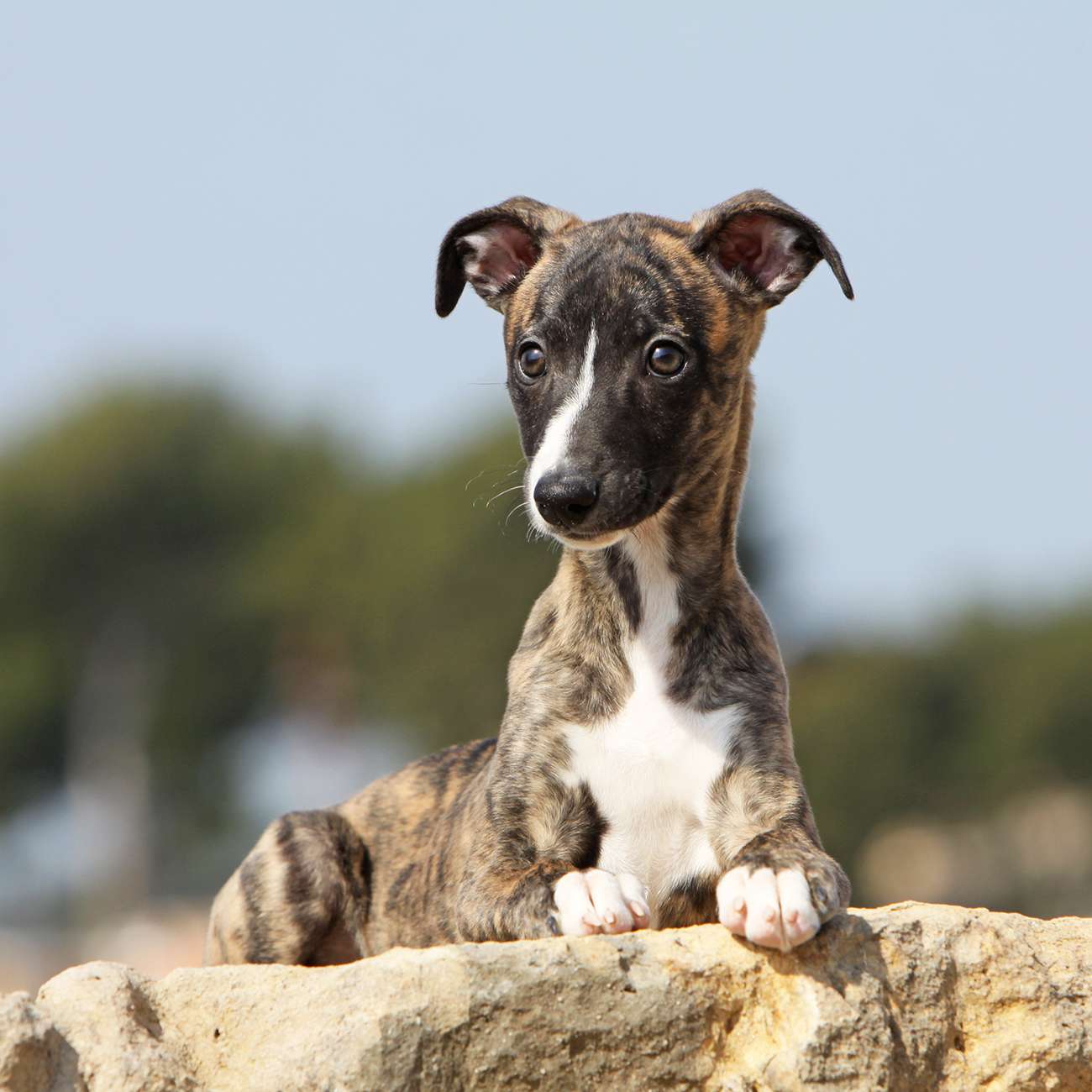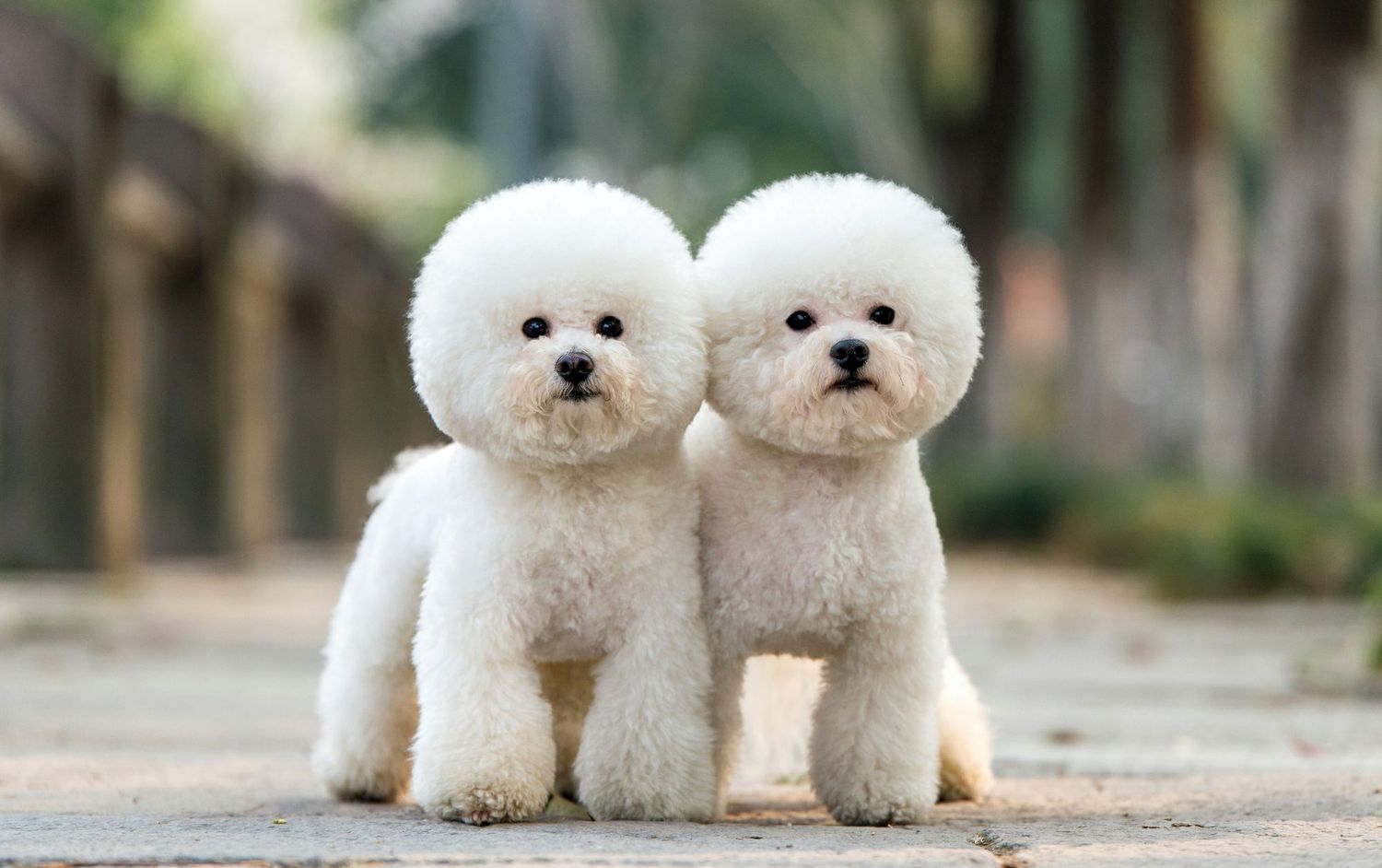19 of the Healthiest Dog Breeds
By Emily Sanders
5/31/2023
A healthy dog is a happy dog. And while there’s no guarantee that any dog will be free from illness their whole life, there are dog breeds that face fewer health problems overall.
The healthiest dog breeds have a long lifespan & are less susceptible to getting sick. This, when coupled with maintaining an appropriate weight & keeping up with exercise, means pet parents can ensure their dogs have the best life possible.
How to Keep Your Dog Healthy
Just like us, dogs’ lifestyles play a part in keeping them healthy. As pet parents, we can do several things to prolong the lives of our beloved pups.
Exercise
Exercise plays an important part in preventative care for dogs. It’s never too late to start your pup on an exercise routine, & doing so will give her long-term benefits. Exercise is a great way to combat obesity & allows your dog to ease into her senior years without the added stress extra weight puts on her body.
Diet
Pet parents should also be mindful of what they’re feeding their dogs. According to the Association of American Feed Control Officials (AAFCO), a balanced diet must have 6 nutrients: water, carbohydrates (including fiber), vitamins, minerals, fat, & protein. You should also check the label to make sure you’re giving her an appropriate amount to eat.
Vet Care
Routine veterinary checkups benefit all animals, even a dog with few health issues. Annual checkups mean vets can catch the start of any hereditary diseases—or even prevent them altogether.
Healthiest Dog Breeds
1. Australian Cattle Dog
The Australian Cattle Dog is one of the healthiest dogs out there. Known for their intelligence, work ethic, & stamina, these dogs are a typically resilient breed that doesn’t face many health issues. Just as their name implies, they’ve been bred to herd animals & need plenty of exercise to stay in top shape.
2. Australian Shepherd
Smart, loyal, & energetic, Australian Shepherds enjoy keeping active, & need physical & mental stimulation throughout their lives. These dogs especially enjoy advanced obedience training & excel in herding jobs. As a breed, they can be prone to certain diseases such as hip dysplasia, elbow dysplasia, & some eye diseases. Nevertheless, they are generally healthy dogs.
3. Chihuahua
Despite a tendency to forget how small they are, Chihuahuas are among the breeds with the longest lifespans. These loyal & energetic dogs pack a big personality & plenty of smarts. Since Chis—as they’re sometimes called—are prone to obesity, pet parents should be careful to give them lots of exercise, even if it’s just playing fetch in the living room.
4. Beagle
Beagles are motivated by food & follow their noses everywhere—even into trouble. As pets, they are loving & affectionate. These dogs benefit from scent training & a controlled diet, since their insatiable appetites mean they will easily overeat given the chance.
5. Greyhound
The Greyhound is unique among hounds because it’s a sight hunter, meaning the breed relies on speed & agility to hunt prey. As sight hunters, they might not make good pets in homes with smaller pets, such as cats or rabbits, without proper training & introductions.
With their high energy levels & strong prey drive, Greyhounds need regular exercise. However, once they get their zoomies out, they can become cuddly couch potatoes.
6. Poodle
Poodles—whether the Standard Poodle, the Miniature Poodle, or the Toy Poodle—make wonderful pets. Smart, loyal, & easy to train, these dogs tend to get along with other animals & people alike. Poodles enjoy swimming & learning new tricks, & they tend to face only minor health issues as they age.
7. Havanese
The only dog breed native to Cuba, the Havanese has a long lifespan of 14–16 years. This affectionate small breed loves his pet parents & is easy to train due to his exceptional smarts. However, the breed can face a few medical conditions, including progressive retinal atrophy, & patellar luxation.
8. German Shorthaired Pointer
German Shorthaired Pointers are prized as hunting dogs because of their speed & stamina. GSPs boast high energy levels & need lots of exercise, as well as physical & mental stimulation, to stay healthy, & out of trouble. These dogs can be predisposed to hip dysplasia, elbow dysplasia, & bloat.
9. Old English Sheepdog
Old English Sheepdogs love being around their pet parents. Generally, these gentle giants are well-behaved & affectionate, & they do especially well in households with kids. This healthy dog breed is not prone to many ailments & has an average lifespan of 10–12 years.
10. Basenji
Typically an independent & energetic dog, Basenjis are sometimes described as catlike because of their aloof personalities & attentiveness to personal hygiene. Basenjis need plenty of mental & physical stimulation to satisfy their active minds & keep them out of trouble. This breed may be genetically predisposed to Fanconi syndrome, a kidney disease.
11. Shiba Inu
More than just a meme, Shiba Inus are small dogs with strong personalities. These dogs are known for being willful & for their classic “Shiba scream.” Their high intelligence makes them active & alert dogs that can become anxious if not given sufficient exercise. Though healthy, Shibas can develop arthritis in their old age.
12. Chinese Crested
The Chinese Crested is an elegant dog that is deeply devoted to her pet parents. The breed has 2 varieties: hairless & powderpuff. Both kinds need special attention to keep their long fur (hairless Cresteds still have fine white fur on some parts of their body) well-groomed, but the hairless variety also needs sweaters to keep warm when out in the cold.
13. Border Collie
Bred as herding dogs, Border Collies are brimming with energy & need regular exercise. They enjoy having a job that provides both physical & mental stimulation—after all, they are one of the smartest dog breeds. Border Collies are hardy dogs but are also predisposed to some genetic diseases, such as Collie eye anomaly.
14. Whippet
Sleek & speedy, Whippets are capable of reaching speeds of 35 miles per hour. These easygoing dogs love chasing toys (& neighborhood squirrels), but their thin coats mean they can get cold easily. Whippets can be genetically predisposed to deafness, so pet parents should take them to their vet for regular checkups.
15. Siberian Husky
Siberian Huskies are working dogs that aren’t afraid to use their voices & speak their minds. These dogs are usually friendly & intelligent, but they can also be very strong-willed. They need plenty of exercise & mental stimulation to stay healthy & happy. Huskies may be prone to cataracts, even as puppies.
16. Anatolian Shepherd
Bred as guardians, Anatolian Shepherds are giant-breed dogs that have calm demeanors. They are always on alert, however, because of their breeding history. Anatolian Shepherds tend to be independent & need outdoor exercise to release pent-up energy.
17. Bichon Frise
The Bichon Frise has lots of energy, but he doesn’t need prolonged time exercising outdoors due to his small size. Playful & affectionate by nature, Bichons tend to have long lifespans averaging 14–15 years. However, this breed is prone to developing diabetes mellitus, a condition that affects dogs’ abilities to regulate their blood sugar levels.
18. Belgian Malinois
19. American Foxhound
Cute Critter Pics:
Weekly Chuckle:












.png)




No comments:
Post a Comment